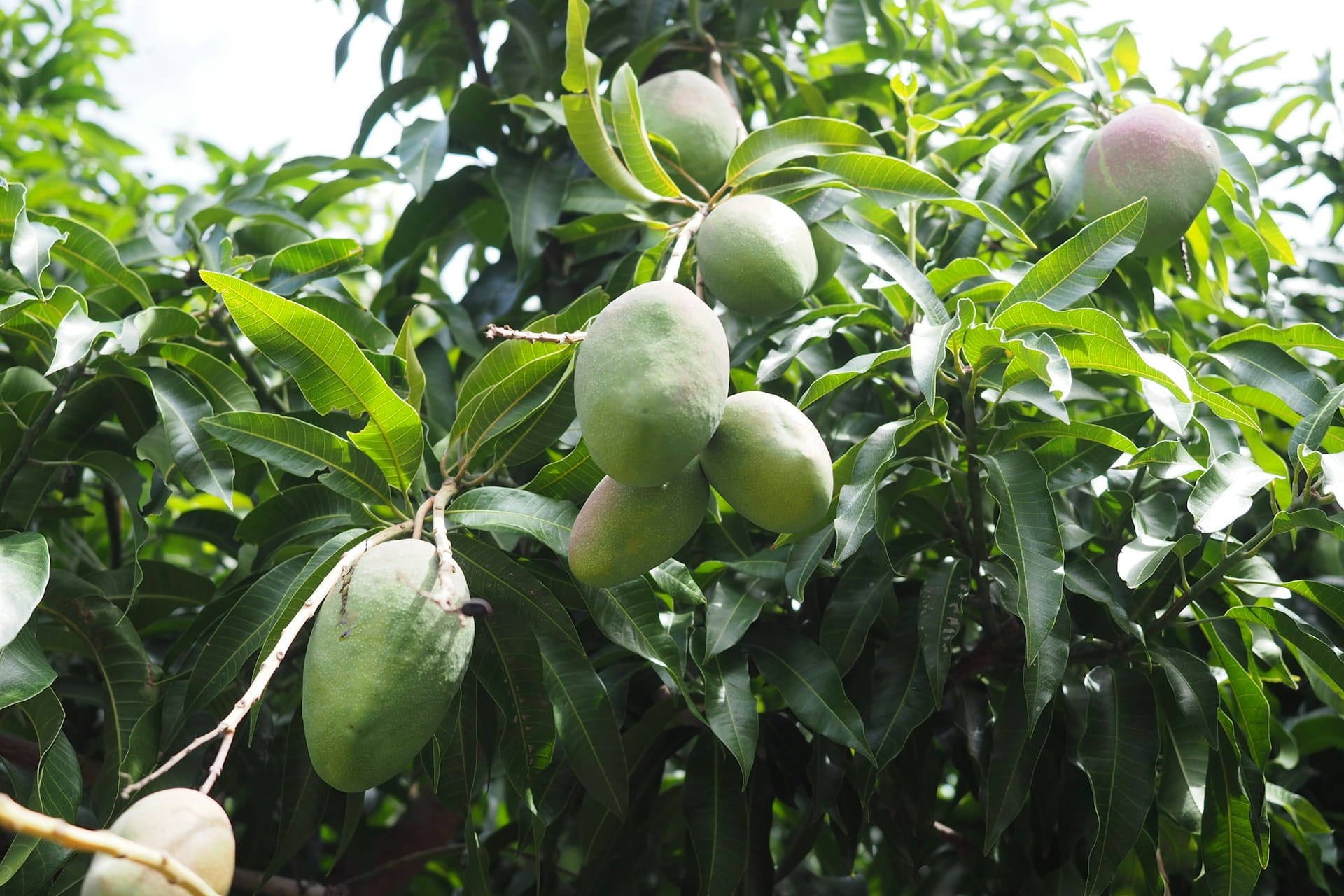One thing I try to remember daily is that life is about progress, not perfection. It’s hard to make massive changes all at once and this is why most of the fad diets, exercise trends, and weight loss plans fail — because they are not sustainable in the long term.
Taking small steps daily can be life-changing if you are ready to take the first step toward better physical, emotional, and spiritual health. Here are a few to get you going that I personally encourage:
1. Drink hibiscus tea
Gordon Gecko once famously said that “green is good” but I’m here to tell you that “red is better” especially when it comes to the healthiest of all teas — (actually he said “greed is good”, but you get the drift). Hibiscus tea offers significantly more cell-supporting antioxidants than green tea, and in fact, a study in Nutrition Journal noted that hibiscus tea even has greater levels of antioxidants than matcha green tea. Hibiscus tea also has a great fruit taste and is completely decaffeinated. It’s the healthiest tea on the planet, so drink it up!
2. Stand up
I hate sitting — in the office, at home, on a plane — anywhere for that matter. To me it’s the exact opposite of how I want to spend my life — moving and active — not stationary and sedentary. Sitting it seems is just as bad as smoking for your health and is a risk factor for heart disease, diabetes, some cancers and an early death. Invest in a stand-up desk for better health at work and at home. And work on your posture and core strength.
3. Do a digital detox
This one is hard — but like my weekly fast, it gets easier over time. A digital detox is when you totally (or at least dramatically) refrain from using any digital device for a specified amount of time, with 24 hours being the minimum recommended. Personally, I find this harder than not eating for 24 hours and that scares me! We are all so dependent on our devices it’s ridiculous. Try to go without — and see how long you last. Better yet, challenge family members with a cash prize (or a new iPhone) for the longest holdout!
4. Get more vitamin D
The majority of the population does not get enough vitamin D, so chances are you are among this group. Sufficient vitamin D is critical for bone health, immune system functioning, warding off heart disease and other serious conditions, and — especially for men — prevention of prostate cancer. It’s a good idea to have your vitamin D levels checked before you start supplementation, and a simple blood test can do the trick. Healthy levels are around 50 ng/ml, according to the Vitamin D Council, and adults should take 5,000 IU to reach and maintain that level. Sitting in the sun is the best natural way to get your D. Your body can make 10,000 IU to 25,000 IU of this vitamin in about the time it takes for your skin to get pink. More and more positive research continues to emerge about the health benefits of vitamin D. My levels are about 65 ng/ml and I keep it there with a lot of sun exposure and through supplementation.
5. Eat chocolate
This one is my wife’s favorite. But I’m not talking about the fat and sugar-laden chocolate bars at the end of the grocery aisles. I’m talking about dark chocolate, which is rich in cocoa. It’s the cocoa in dark chocolate that provides the potent antioxidants known as flavonoids. Not all dark chocolate is created equal, however. Healthful chocolate lists cocoa solids as the first ingredient. Any chocolate product that lists sugar first should be left on the grocery shelf. But when you get the good stuff, it could help reduce your risk of cardiovascular events, according to an Australian study, and boost brain power, according to other research.
6. Eat less red meat
When you choose to eat less red meat — or eliminate it all together — you improve not only your own life, but the health of the planet as well. Factory farming is responsible for 18 percent of all people-related greenhouse gas emissions, including 37 percent of methane pollution and 65 percent of nitrous oxide emissions. The meat from these facilities is laced with growth promoters, hormones, antibiotics, and saturated fat. When you reduce demand for red meat, you improve your health, help the environment, and reduce the number of animals that exist in these horrid conditions. It’s a win-win-win for all living creatures that share our planet.
7. Skip the sushi
Before you place that sushi or seafood order, think about this. Eighty percent of the world’s fish are vanishing or are fully exploited. Seventy-five percent of the world’s fish population is being caught faster than they can reproduce. Ninety percent of tuna (a sushi favorite), swordfish, cod, and other large fish are already gone. Trawling for shrimp, and other sushi fare, results in devastating damage to the ocean bottom. In addition, huge numbers of unwanted fish and other marine life is discarded — as much as 90 percent of the catch from shrimp trawling is left to die. If you really want to improve your life — after all, that’s why you’re reading this post right! — then start by helping sustain the life in our oceans.
8. Eat more plants
So if red meat is destroying the planet, and our fish fetish is destroying the oceans, then what’s left to eat? The answer is simple: eat more plants! Plant protein has many health advantages over animal protein, including the lack of cholesterol, little to no saturated fat, and the presence of fiber and a wide range of vitamins and minerals. Some super plant protein foods include quinoa, buckwheat, seeds (e.g., hemp, chia, sesame, sunflower, pumpkin), seitan (but not if you are gluten intolerant), soy (fermented; e.g., tempeh), spirulina, beans, lentils, dry peas, nuts, and unsweetened cocoa powder. It’s a myth that you can’t get your daily protein through plants. Some of the best athletes, world champions, and professional sportspeople I know are vegetarians. It just takes a little extra effort and additional supplementation of some essential amino acids (which are more prevalent in animal protein) like leucine and B12.
9. Beet it
Beets came to prominence during the last Olympics where it was estimated up to 80% of the US athletes were legally enhancing their performance with beet-juice. Beets are rich in nitrates, substances that help increase blood flow which makes beets a plus when it comes to athletic performance, heart health, as well as assisting in the treatment of erectile dysfunction in men. Beet juice powder has also been associated with a reduction in cholesterol and blood pressure as well as the ability to detoxify the blood, intestinal tract, and liver. This super-vegetable is also a great source of chlorine, iodine, iron, potassium, phosphorus, and sodium.
10. Breathe
Research shows that the practice of meditation and conscious breathing can relieve pain, reduce symptoms of depression as effectively as antidepressants, and produce benefits that help reduce cardiovascular disease and insulin resistance. Meditation isn’t easy — it takes practice to still the mind — but if you want to reap the benefits, the Shambhala Buddhist Monk, Sakyong Mipham, is a great teacher, and author of my favorite book on the subject, Turning the Mind Into an Ally. Here’s a short video on Sakyong Mipham with some brief instruction.
11. Smile more
This is the easiest one of the lot. So why don’t more of us do it? Just turn up both sides of your mouth and you’ll begin to feel better. Yes, it’s a scientific fact that smiling activates signals in your brain. According to an article is Psychology Today, smiling triggers the release of neuropeptides that help fight stress as well as set free neurotransmitters that help you feel good and relax. Some of those neurotransmitters — endorphins — are natural pain relievers as well. So smile! It’s free. And for extra kicks, smile at a stranger. They’ll either freak out, thinking you’re a crazy person — or smile back — in which case the world is a happier place because of you.
We all want to feel better and live a life of passion and energy. Small steps can add up to big changes. Pick a few of the above and try them out this week. Maybe you just choose to smile more, or to eat more plant protein. Whatever you do, it will make a difference — to your health, your heart, the oceans, and the planet.






